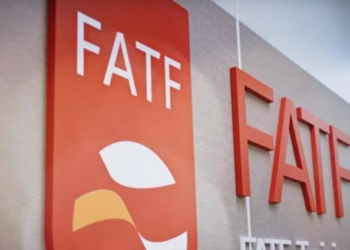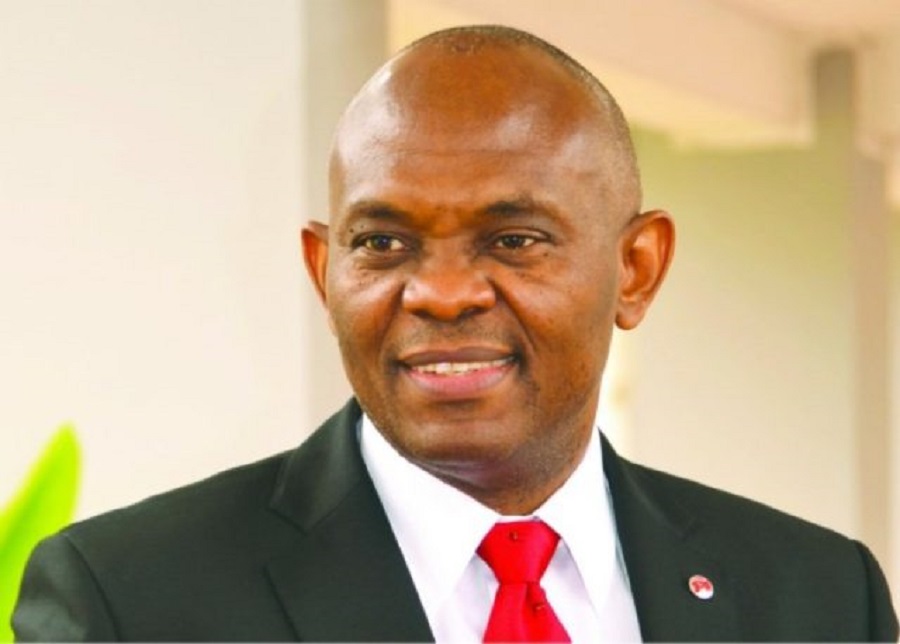The Central Bank of Nigeria (CBN) has approved a new license categorization system for the Nigerian Payment System.
The apex bank made this known in a press release published on its website and dated 9th December 2020.
According to the CBN, the license categorization is meant to help promote a strong and credible payment system and offers “clarity for new and existing market participants, given the significant evolution and innovation in the Nigerian payments system.”
The central bank appears to be updating its regulations amidst the new wave of FinTechs in the country offering varying but often nuanced services.
According to the new guidelines, Payment Systems are now to operate within 4 broad categories.
a. Switching and Processing
b. Mobile Money Operations (MMOs)
c. Payment Solution Services (PSSs)
d. Regulatory Sandbox
It further clarified that “only MMOs are permitted to hold customer funds. Companies with licenses within any of the other categories are not permitted to hold customer funds,” meaning operators who offer Payment Solution Services cannot for any reason hold customer funds or deposits.
Other key clarifications
- Companies seeking to combine activities under the Switching and MMO categories are only permitted to operate under a holding company structure with the subsidiary entities clearly delineated to prevent commingling.
- Payments System companies in the PSS category may hold any of PSSP, PTSP and Super Agents license or a combination of the licenses thereof.
- All licensed payment service providers in any of the categories covered by this framework holding or seeking any other CBN issued licenses are required to obtain a no-objection from the Payments System Management Department.
- The object clauses in the Memorandum and Articles of Association of Payment Service Providers shall be limited to the permissible activities under their licensing authorizations.
- Collaborations between licensed payment companies, banks and other financial institutions in respect of products and services are subject to CBN’s prior approval.
- All new licensing requests including those with Approvals-in-Principle are to comply with the new requirements immediately. Existing licensed payment companies are to comply with the new licensing requirements where applicable not later than end of June 2021
- All payment service providers and stakeholders in the payments system are required to ensure strict compliance with these requirements and all other payments system regulations.
What this means: The CBN has now clearly demarcated the often thin lines within which various service providers in the FinTech space currently operate in the country. For example, merchant payment transfer apps that is used for POS transactions or internet-based transactions will not be allowed to be used for Peer to Peer transactions (transfers between persons).
- Examples of Payment Solution Service providers in Nigeria are Interswitch WebPAY, Remita, Paystack, Flutterwave, eTranzact, Parkway Project Limited etc.



















